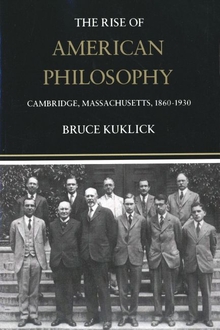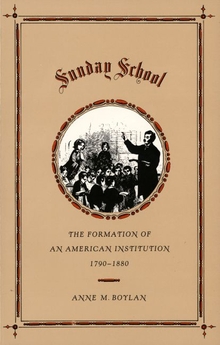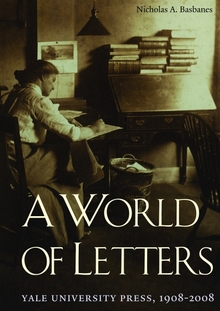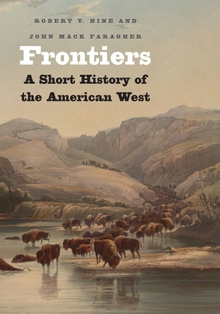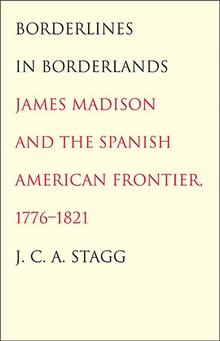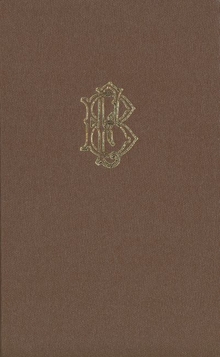The Rise of American Philosophy
WARNING
You are viewing an older version of the Yalebooks website. Please visit out new website with more updated information and a better user experience: https://www.yalebooks.com
Cambridge, Massachusetts, 1860-1930
Bruce Kuklick
The seventy years between the Civil War and the Depression mark the most significant epoch of American philosophy. In this period American pragmatism emerged, and men such as Charles Peirce, William James, Josiah Royce, George Santayana, Alfred North Whitehead, and C. I. Lewis made their enduring contributions to Western thought. This book offers a reinterpretation of American intellectual history of the period, using the relation of philosophers to the primary academic institution – Harvard – as an organizing theme. Bruce Kuklick argues that Harvard established an intellectual community that helped to define the thought of these men, and that the changing character of American philosophy must be related to the emergence of the modern university.
Beginning with what he calls the Cambridge amateurs, Harvard-trained philosophers who were unable to find university teaching positions, Kuklick goes on to examine the thought of the “Golden Age” of American philosophy. He shows how it centered on the dialogue between James and Royce and their peers and demonstrates how it contributed to its own transformation: the thinkers of this period were the first generation of professional philosophers. They were pivotal in establishing graduate training programs and the doctoral apprenticeship system. They created the very academic framework in which philosophy would narrow from its role as the integrator of human intellectual concerns to a technical, scholarly discipline of interest only to a small group of professors.
This is intellectual history at its best, or what Kuklick calls “the history of difficult ideas.” The author, historian and philosopher, tells a fascinating story of the men, the ideas, and the institutions that formed American philosophy. He has made a successful attempt to bridge the gap between social history and the history of ideas.
Beginning with what he calls the Cambridge amateurs, Harvard-trained philosophers who were unable to find university teaching positions, Kuklick goes on to examine the thought of the “Golden Age” of American philosophy. He shows how it centered on the dialogue between James and Royce and their peers and demonstrates how it contributed to its own transformation: the thinkers of this period were the first generation of professional philosophers. They were pivotal in establishing graduate training programs and the doctoral apprenticeship system. They created the very academic framework in which philosophy would narrow from its role as the integrator of human intellectual concerns to a technical, scholarly discipline of interest only to a small group of professors.
This is intellectual history at its best, or what Kuklick calls “the history of difficult ideas.” The author, historian and philosopher, tells a fascinating story of the men, the ideas, and the institutions that formed American philosophy. He has made a successful attempt to bridge the gap between social history and the history of ideas.
ISBN: 9780300024135
Publication Date: August 1, 1979
Publication Date: August 1, 1979
720 pages, 6 1/8 x 9 1/4

